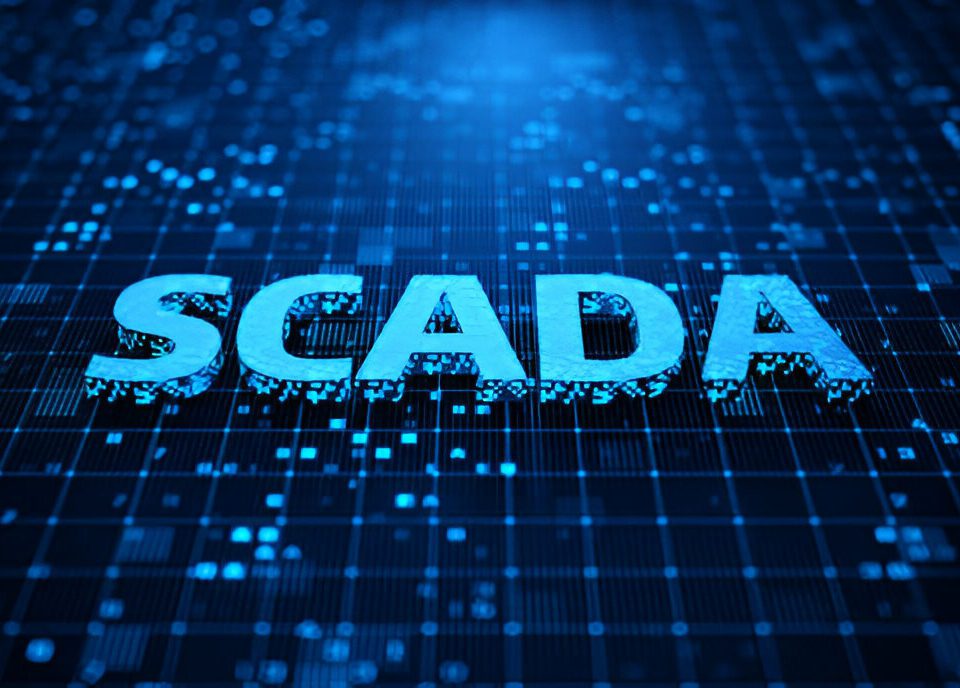Recent SCADA Cybersecurity Breaches:
Several high-profile cybersecurity breaches targeting SCADA systems have made headlines in recent years, underscoring the severity of the threat landscape:
- Colonial Pipeline Ransomware Attack (2021): In May 2021, the Colonial Pipeline, which supplies nearly half of the fuel consumed on the U.S. East Coast, fell victim to a ransomware attack. Hackers exploited vulnerabilities in Colonial Pipeline’s IT systems, forcing the company to shut down its pipeline operations for several days, leading to fuel shortages and price spikes.
- Oldsmar Water Treatment Facility Incident (2021): In February 2021, an unidentified hacker gained unauthorized access to the computer systems of the Oldsmar Water Treatment Facility in Florida and attempted to poison the city’s water supply by manipulating chemical levels. Fortunately, a vigilant operator detected the unauthorized activity and intervened before any harm was done.
- Pennsylvanian Water Utility Hack (2023): In November 2023, The Municipal Water Authority of Aliquippa faced a cyberattack by the pro-Iran hacking group Cyber Av3ngers that specializes in targeting critical infrastructure, focusing on water systems, breaching Israeli-made equipment amid the Israeli-Hamas conflict. Although the attack did not affect water quality or service, it drew federal attention, prompting investigations. MWAA replaced the compromised equipment as a precaution.





